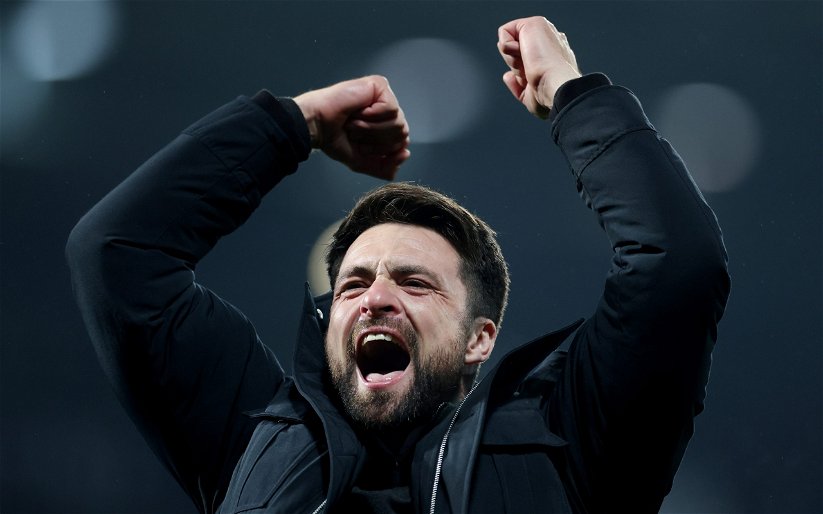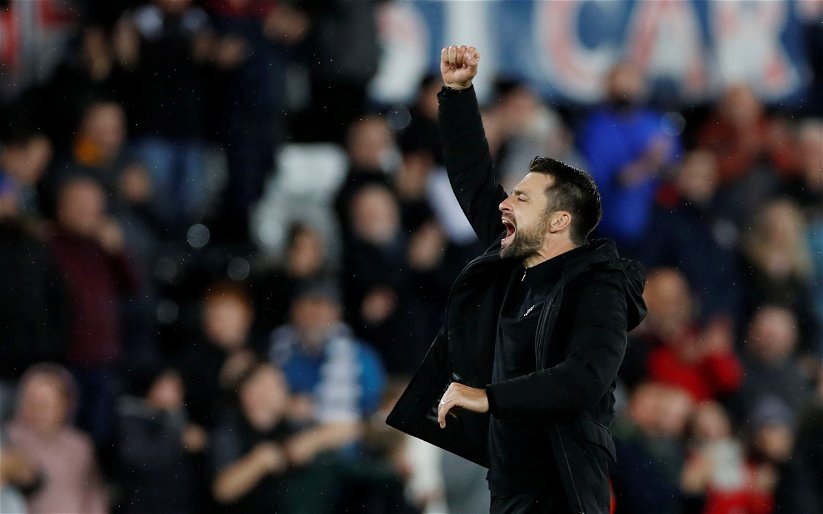Swansea City chairman Huw Jenkins has finally given a long-awaited interview to explain the many different aspects of what’s gone wrong at the club, how the sale of shares happened and his biggest regret of not bringing back manager Brendan Rodgers to the club.
Jenkins revealed that he spoke to the now Celtic boss three times, but admitted that his return didn’t happen because of the financial state of the club at the time. He says again that the club needed to sell Jonjo Shelvey at the time, but forgets that we spent around £8m on striker Alberto Paloschi in the same window!
Such a shame that we didn’t spend that money on bringing Rodgers back in the Summer of 2016.
Can he also explain why we spent £16m in the Summer for Sam Clucas?
The interview transcript on Wales Online reads:
But going back to the summer of 2016, after the share sale, there seemed to be a golden opportunity to move forward, such as with the possibility of Joe Allen coming back?.
“And I wanted him back here.”
And also around that time there were suggestions Brendan Rodgers could come back?
“Yes, I spoke to Brendan three times.”
Can you clarify what happened then?
“My biggest regret is not getting Brendan back here at any cost. I’m not going to hide from that. And I told him as well a few times. That would have been the biggest thing that we, or I, should have done differently, and that is make sure that at all costs he came back.”
So why didn’t it happen?
“Our financial position then [January 2016] was extremely tight to say the least, that’s why Jonjo left. My biggest worry at the time, myself as chairman looking back at our history as a football club, was if we did get relegated, we didn’t have one shareholder responsible for the club’s debt, and our debt is our overdraft to run the club.
“I think the financial side of the club, looking back where we’ve made massive mistakes in the past as a club over the years, I didn’t want that happening while I was chairman. All I can say is Jonjo left to try and help us through that period to get us into the summer, and I couldn’t make strong financial decisions early in that window until I knew there was more players leaving. I was stuck.
Jenkins also said that finances – or lack of them – was also the reason why Joe Allen didn’t return at the same time.
“That prevented Joe coming back. I had discussions with Liverpool to try to do a deal probably around £10-11m, I’d spoke to Joe and then he had the five-year offer from Stoke, which he had to make a decision on the following day because they were travelling. I’d talked to Joe but I couldn’t commit to it. I was chairman of the football club, we’d got through our years of success on limited funds and budgets, we managed to do it. Then, the longer we were in the Premier League, the tougher it becomes to compete on a wage level to where we’ve got to buy and sell players to try to fund any new acquisitions.
“At that time in 2016, it was very simple, we had no one shareholder that could cover our financial position if we got relegated, and the decision to sell Jonjo in January was to get us through to the summer within our agreed framework of our overdraft with the banks. In that summer I didn’t feel right signing up players or a manager without knowing that we had income coming in before the season started in August.”
Share this article



